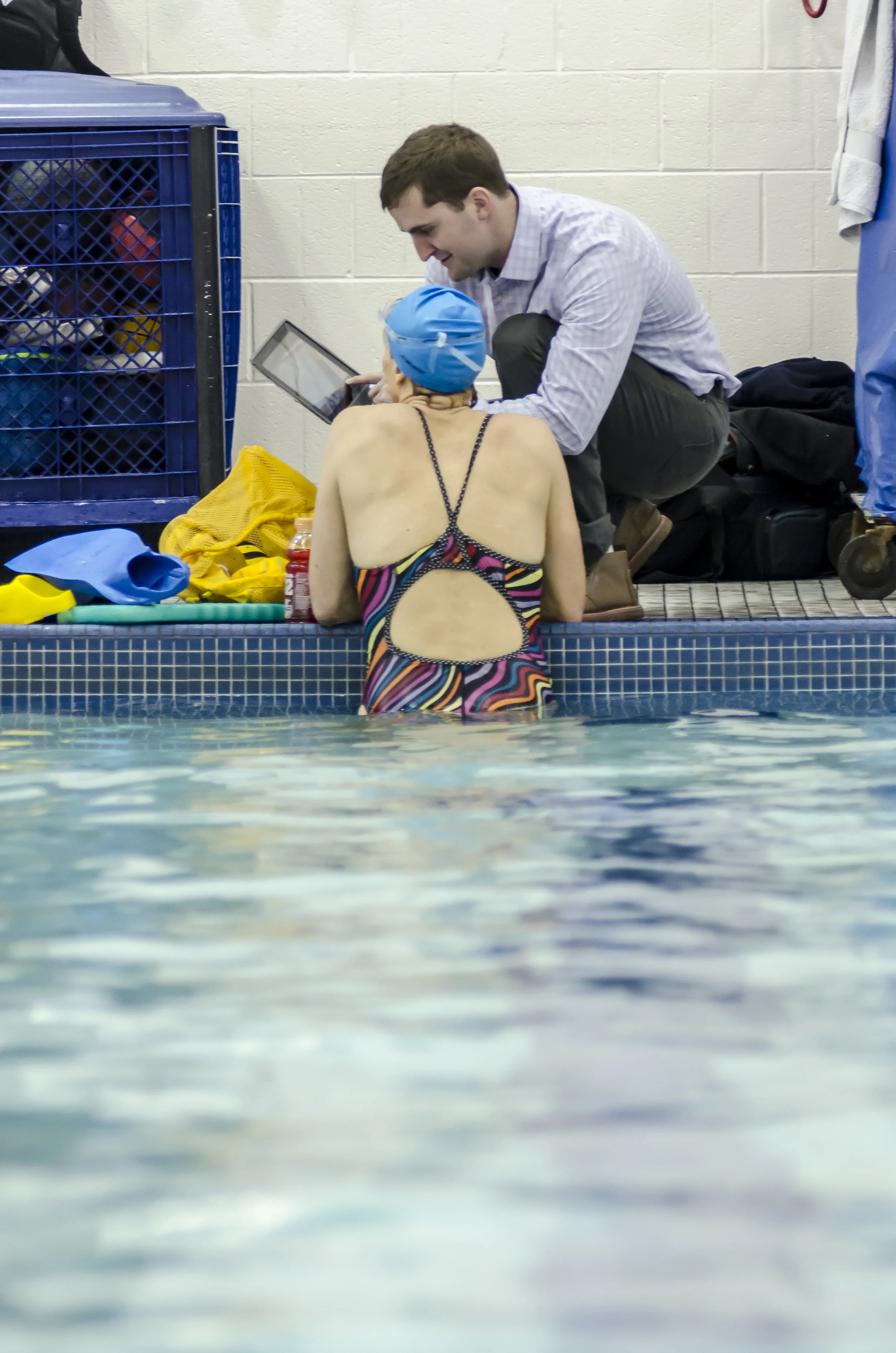One more post before the statute of limitations expires on this past weekends Super Bowl.
I watched the game with an old friend. We reveled in what it's been like to have been fans of the Patriots in this era. Tom Brady stepped into a starting role during our junior year of high school, and the following seventeen years has been fairly amazing to watch.
Like his coach Belichick, Brady didn't check off a lot of the boxes that teams often look for when evaluating. Much has been made about the fact that he was a 6th round draft pick. While Belichick gets credit for seeing what others may have missed, lets be honest: if he knew Brady would be this good he likely would have pulled the trigger on him much sooner.
The 5th Super Bowl victory, and the insane comeback that led to it, highlight perhaps Brady's number one "intangible", his relentless optimism. I remember a quick sideline shot of Brady when the Patriots comeback began, at that point the score was 28-9. He did not have the look of somebody who had a 99% chance of losing. He was fired up, and seemed totally committed already to the idea that the Patriots could win.
What if I told you that this optimism is not an Intangible at all? That optimism is teachable and measurable. It is very tangible, and if you don't work on it as an athlete or coach you will be at a competitive disadvantage.
Oh and "realism" or "being realistic? That's for losers. If Tom Brady was realistic about his chances for leading his team to a comeback last Sunday, he would have looked depressed after the 28-9 score. Still 19 points to go, almost no chance, right?
So how might we go about teaching optimism. It helps to define what it is. Explanatory style or, the way you explain events to yourself, offers a nice construct for doing so. There are three major ways in which we explain events:
Personal: How much did the event have to do with "me"
Permanent: How likely is the event to continue happening or happen again
Pervasive: How significant or insignificant is the event and how much does it permeate the environment around you.
Now let's walk through Tom Brady being down 25 points in the Super Bowl to see how a trained optimist might explain those circumstances
Personal: "We are down, but it's not because there is something wrong with me. Some things have not gone our way but if I play my best we can win this"
Notice this flies in the face of what many coaches expect from their athletes, to "own" and be accountable for their failures. Those traits are great when you are reflecting and practicing, but in the midst of a competition there is no time for beating yourself up that way.
Permanent: "We can turn this around right now, we haven't lost this game yet. Winning is still possible"
Again, from all "realist" perspectives, the game was lost, and there was nothing he could do about it.
Pervasive: "We are a good team, we have the right coaches and players to make this comeback. The fact that we are losing is not indicative of who we are as a team"
There is no doubt in my mind Brady has worked hard to develop his optimism over his athletic career. That effort has yielded amazing results, and amplified all his other skills to their maximum level.
Are you an athlete or coach looking to train your optimism? Send your contact information for a free consultation.

